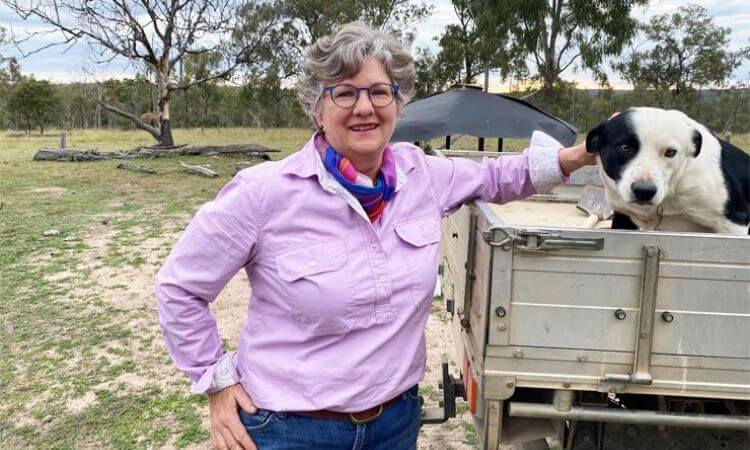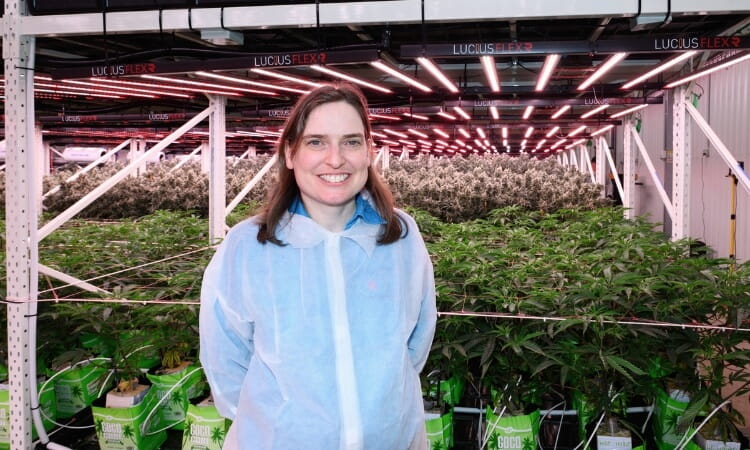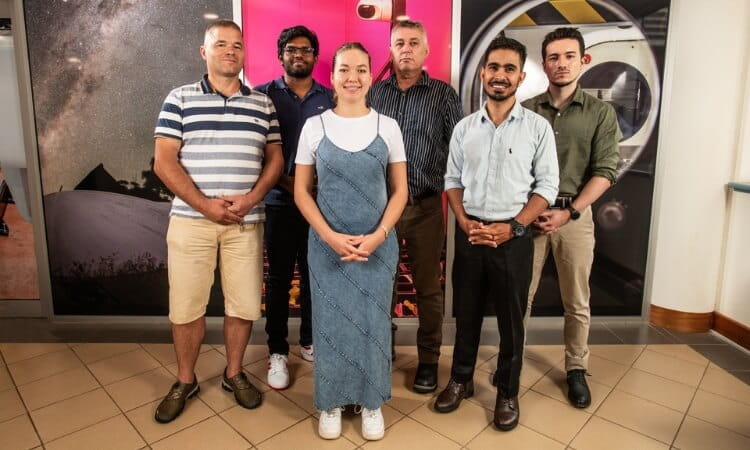Regional communities across the country face similar issues, such as shifting populations and changing industries, yet there is no one-size-fits-all solution to these challenges.
Dr Chad Renando from University of Southern Queensland’s Institute for Resilient Regions said strategies for overcoming obstacles usually came down to two factors: leadership and structure.
He has worked with local governments and community groups to discuss and take action for the future of their regions, developing approaches for transition and long-term economic resilience.
Most recently Dr Renando has helped develop plans for the Burnett Inland, the emerging Goondiwindi Regional Innovation network and the Limestone Coast in South Australia.
“Regions around the world are seeing a ‘hollowing out’ of demographic age bands that include a younger workforce, broad shifts in industry from changing consumer demand and climate impacts, a rapid pace of technology that centralises resources, and an increasingly mobile workforce challenging previous attachments to place,” Dr Renando said.
“While adapting for the future by transforming established structures such as government and economic development organisations, we have an opportunity to create new structures to help communities achieve even greater outcomes through collective action.”
Dr Renando said engagement was usually driven by a need in the communities.
“People are often motivated to work collectively for change as a result of a burning issue, such as a significant industry leaving the region, a new opportunity from infrastructure investment, the loss of an essential service, or other significant threats from systemic social, economic, or environment drivers,” he said.
“The complexity and size of these existential challenges require an approach that is more than any one organisations or institution can achieve.
“Regional development happens in a complex adaptive system – which simply means there is uncertainty, we learn as we go, and everything is interconnected in ways that may not be apparent.
“No region is the same although there are common principles that can be applied.”
Dr Renando’s work involves significant stakeholder engagement, analysis of regional information and economic data, the creation of an ecosystem map of the assets and organisation in the region related to the issue, and a strategy analysis to identify gaps in investment commitments.
“We then conduct a series of interviews exploring the current state, the potential future state, and perspectives on paths forward,” he said.
“From there we feed the results back to the community and invite them to co-create their collective response. This includes identifying accountabilities, potential new structures in the region, and priority focus tasks.
“Our role is as a ‘guide on the side’ to facilitate the conversation, ensuring those around the table are able to realise value from the engagement.”
Dr Renando is also Managing Director – Australia for the Global Entrepreneurship Network. He is currently developing the program for the Global Entrepreneurship Congress which brings 5,000 delegates from 180 countries to Melbourne next May.
Learn more about University of Southern Queensland’s Institute for Resilient Regions.



